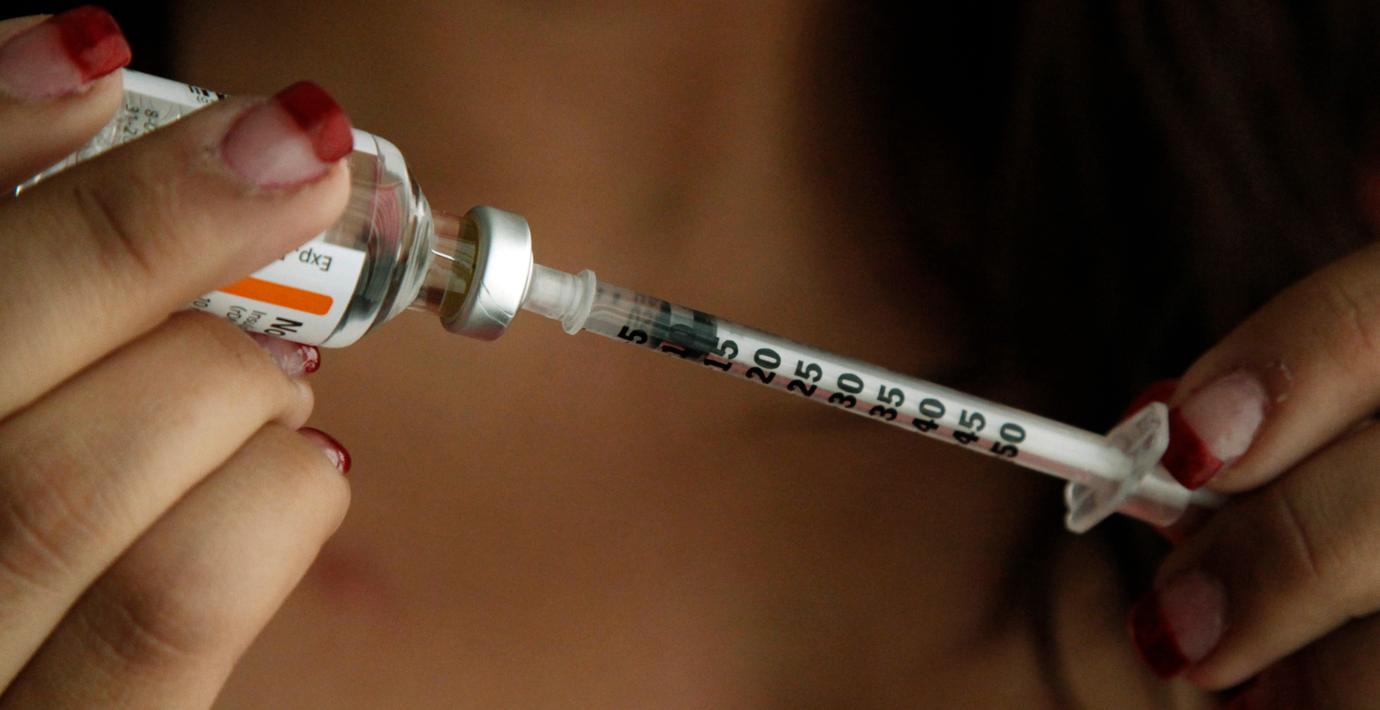
Patienter i Kina fick hiv av återanvända instrument
Ett sjukhus i östra Kina erkänner att fem personer smittats med hiv eftersom en person ur personalen återanvänt medicinska instrument som skulle slängas efter användning, skriver BBC. Fem personer har nu fått sparken från sjukhuset i Hangzhou.
Enligt en kinesisk rapport till FN fanns det totalt 501 000 personer med hiv eller aids i landet 2014. Man har ingen uppskattning av hur stort mörkertalet är.
bakgrund
Hiv/aids i Kina
Wikipedia (en)
The human immunodeficiency virus (HIV) is a lentivirus (a subgroup of retrovirus) that causes HIV infection and over time acquired immunodeficiency syndrome (AIDS). AIDS is a condition in humans in which progressive failure of the immune system allows life-threatening opportunistic infections and cancers to thrive. Without treatment, average survival time after infection with HIV is estimated to be 9 to 11 years, depending on the HIV subtype. Infection with HIV occurs by the transfer of blood, semen, vaginal fluid, pre-ejaculate, or breast milk. Within these bodily fluids, HIV is present as both free virus particles and virus within infected immune cells.
HIV infects vital cells in the human immune system such as helper T cells (specifically CD4+ T cells), macrophages, and dendritic cells. HIV infection leads to low levels of CD4+ T cells through a number of mechanisms, including pyroptosis of abortively infected T cells, apoptosis of uninfected bystander cells, direct viral killing of infected cells, and killing of infected CD4+ T cells by CD8 cytotoxic lymphocytes that recognize infected cells. When CD4+ T cell numbers decline below a critical level, cell-mediated immunity is lost, and the body becomes progressively more susceptible to opportunistic infections.
Hangzhou, Kina
Omni är politiskt obundna och oberoende. Vi strävar efter att ge fler perspektiv på nyheterna. Har du frågor eller synpunkter kring vår rapportering? Kontakta redaktionen